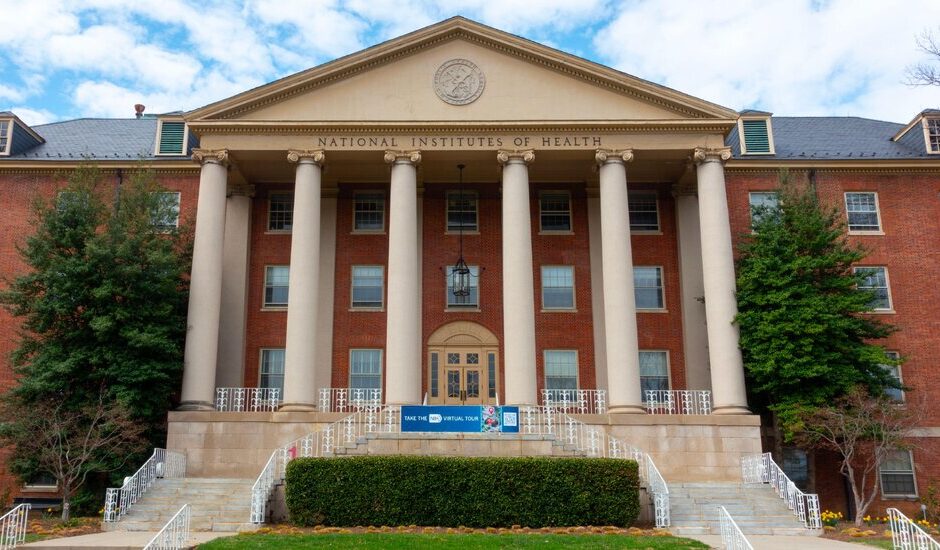Environmental Health Perspectives, widely considered the premier environmental health journal, has announced that it would pause acceptance of new studies for publication, as federal cuts have left its future uncertain.
For more than 50 years, the journal has received funding from the National Institutes of Health to review studies on the health effects of environmental toxins — from “forever chemicals” to air pollution — and publish the research free of charge.
The editors made the decision to halt acceptance of studies because of a “lack of confidence” that contracts for critical expenses like copy-editing and editorial software would be renewed after their impending expiration dates, said Joel Kaufman, the journal’s top editor.
He declined to comment on the publication’s future prospects.
“If the journal is indeed lost, it is a huge loss,” said Jonathan Levy, chair of the department of environmental health at Boston University. “It’s reducing the ability for people to have good information that can be used to make good decisions.”
The editor of N.E.J.M. described the letter as “vaguely threatening.” On Tuesday, the journal Obstetrics and Gynecology, published by the American College of Obstetricians and Gynecologists, said that it had received such a letter.
Scientific journals have long been a target of top health officials in the Trump administration.
In a book published last year, Dr. Martin A. Makary, the new commissioner of the Food and Drug Administration, accused journal editorial boards of “gate-keeping” and publishing only information that supports a “groupthink narrative.”
In an interview with the “Dr. Hyman Show” podcast last year, Robert F. Kennedy Jr., who is now secretary of health and human services, said he planned to prosecute medical journals under federal anti-corruption laws.
“I’m going to find a way to sue you unless you come up with a plan right now to show how you’re going to start publishing real science,” he said.
Still, the announcement regarding E.H.P. baffled researchers, who pointed out that the funding cuts seemed to conflict with the Trump administration’s stated priorities.
For instance, Mr. Kennedy has repeatedly emphasized the importance of studying the environment’s role in causing chronic diseases. The new administration has also expressed interest in the transparency and public accessibility of scientific journals, an area in which E.H.P. has been a trailblazer.
E.H.P. was one of the first “open-access” journals, allowing anyone to read without a subscription. And unlike many other open-access journals, which often charge researchers thousands of dollars to publish their work, E.H.P.’s federal support meant scientists from smaller universities could publish without worrying about a fee.
“There are multiple layers of irony here,” Dr. Levy said.
E.H.P. isn’t the only journal caught in the crossfire of funding cuts at the Department of Health and Human Services.
A draft budget for the department, obtained by The New York Times, proposes axing two journals published by the Centers for Disease Control and Prevention: Emerging Infectious Diseases and Preventing Chronic Disease. Both are published free of charge to authors and readers and are among the top journals in their fields.
Andrew Nixon, an H.H.S. spokesman, said “no final decision has been made” about the upcoming budget.
Emerging Infectious Diseases, published monthly, provides cutting-edge reports on infectious disease threats from around the world.
It has helped to shape preparedness and response to outbreaks, said Jason Kindrachuk, a virologist at the University of Manitoba who has published research on the Marburg and mpox viruses in the journal.
The news “is very disheartening,” he said.
#Citing #N.I.H #Cuts #Top #Science #Journal #Stops #Accepting #Submissions


